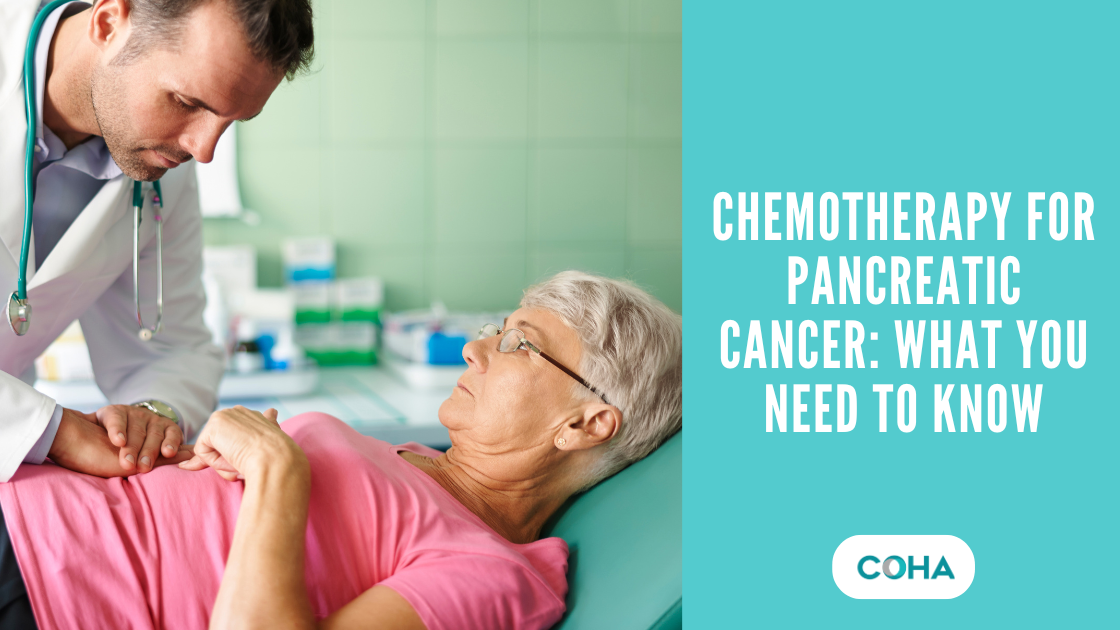


Pancreatic cancer is a formidable disease with a complex treatment landscape. While early detection significantly improves outcomes, chemotherapy remains a cornerstone in managing pancreatic cancer. Understanding this treatment option is crucial for patients and their families.
Chemotherapy involves using powerful drugs to kill cancer cells. These drugs travel through the bloodstream, targeting and destroying cancer cells throughout the body. In pancreatic cancer, chemotherapy can be used to shrink tumors, slow cancer growth, and improve overall quality of life.
Recognizing the symptoms of pancreatic cancer is essential for early detection. Common symptoms include:
Several chemotherapy regimens are used for pancreatic cancer, depending on the stage of the disease and the patient's overall health. The types are as follows:
Chemotherapy offers several benefits for pancreatic cancer patients:
While chemotherapy is effective, it can cause side effects. These vary from person to person and can include:
Chemotherapy can be administered at different stages of pancreatic cancer:
The choice of chemotherapy regimen depends on various factors, including the stage of cancer, the patient's overall health, and the specific type of pancreatic cancer. Chemotherapy is typically administered intravenously (IV) but can also be given orally in some cases.
Chesapeake Oncology-Hematology Associates offers comprehensive support to help manage chemotherapy side effects. Our team includes specialists who can provide guidance on nutrition, pain management, and other strategies to improve your quality of life during treatment. Book your appointment today to get effective chemotherapy for pancreatic cancer.
Side effects can often be managed with medications, dietary changes, and supportive care.
Chemotherapy sessions typically involve administering the drugs through an IV. The duration of each session varies depending on the specific regimen.
Treatment length depends on the cancer stage and the chosen regimen. Chemotherapy is often given in cycles, with periods of treatment followed by rest.
If chemotherapy doesn't work as expected, your medical provider will explore other treatment options, such as clinical trials or additional therapies.